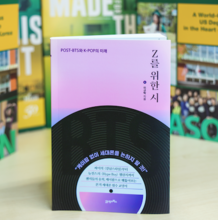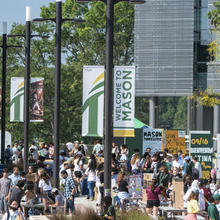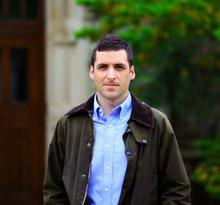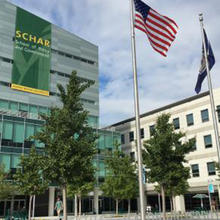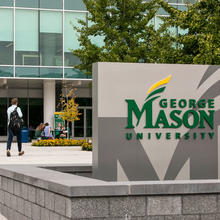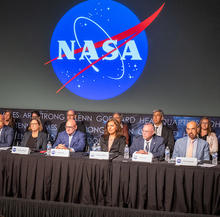- July 24, 2023
In his new book "Z with Luv," K-pop expert Gyu Tag Lee delves into Generation Z's fascination with K-pop, exploring its historical background, genre characteristics, and unique business model.
- July 26, 2023
George Mason University School of Business boasts more than 60 full-time, research-active faculty across the accounting, finance, information systems and operations management, management, and marketing areas. In addition to pursuing research questions within their area of specialty, many School of Business scholars team up with peers from other disciplines to tackle complex societal problems.
- July 21, 2023
Mason professor Andrew Peterson and his colleagues at the University of Pennsylvania have received a $3.1 million grant funded by the National Institute on Aging to investigate how it can improve health outcomes for people living with Alzheimer’s disease and other forms of dementia.
- July 12, 2023
Located in George Mason University’s Special Collections Research Center in Fenwick Library, this collection consists of the papers of the Nobel Prize-winning economist James M. Buchanan and documents his career and research from the mid-20th century through the early 2000s.
- July 7, 2023
His new study shows that terrorists possibly could bring an end to all of humanity. Just another day’s work for policy fellow Zak Kallenborn.
- June 30, 2023
School of Business professors Pallab Sanyal and Shun Ye explore the complex connections between managerial feedback and creative outcomes in new study.
- June 29, 2023
The Schar School’s AI-driven Robotic Process Automation has a new name to reflect the fast pace of the technology’s usage. Meet the “Intelligent Automation Initiative.”
- June 22, 2023
In May, a cohort of 20 selected AI and Tech fellows gathered at Mason Square for Mason’s AI Strategies first AI and Tech Policy Summer Institute.
- June 22, 2023
In her new book, Governing Death, Making Persons: The New Chinese Way of Death (Cornell University Press, January 2023), Mason anthropology professor Huwy-min Lucia Liu writes about how economic reforms and changes in the management of death in China have affected the governance of persons.
- June 21, 2023
Last fall NASA selected George Mason University’s Anamaria Berea to participate in its independent study team on unidentified anomalous phenomena (UAP).

